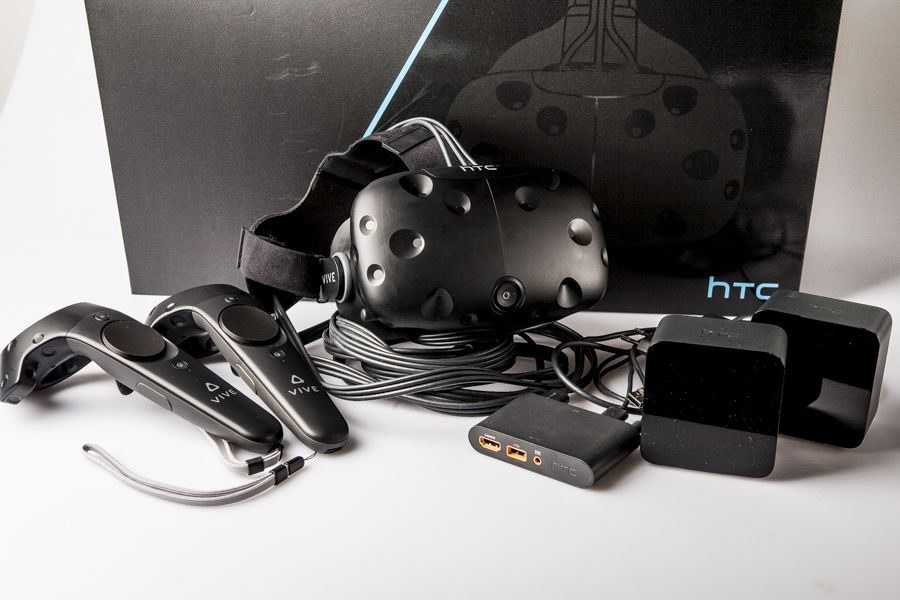The Taiwanese tech company HTC has reached a deal with the online retail giant Amazon.com to sell its Vive VR headset on the popular e-commerce platform. The device was previously available directly from HTC and select stores across the U.S.
HTC’s commercial partnership with Amazon comes on the eve of Sony’s PlayStation VR launch less than a month away from now. The ‘VR war’ will heat up when the upcoming headset hits the shelves in mid-October with its very competitive price and widespread availability.
Meanwhile, HTC gets a new, much broader window to the world on Amazon but keeps a significant downside that distances the general public from the Vive VR headset: is the price tag.


Will Amazon be enough for HTC to pump up its sales?
While getting new spaces in which to showcase their products is certainly a victory, HTC, and all the other VR companies are suffering from stale sales as of late.
The HTC Vive is available in physical stores like GameStop, Micro Center, and Microsoft stores, whereas online the device sold on HTC’s official site and Newegg. With Amazon.com joining the party, the Taiwanese company expects to boost the sales of its $800 VR headset.
However, there is a chance that availability could not be the problem here. According to a recent study conducted by the VR organization Upload and the law firm, Perkins Coie cites several reasons for which VR headsets and technology, in general, are not performing as good as they should be in the global market.
Users want more games and less bulk
The survey found that the primary challenge that VR companies face is the “lack of compelling content,” users have learned to wait out new technologies no matter how innovative they are precisely for this reason. People would rather wait for a decent game catalog to be available than ending up with a pricey device and no good games to use it with.
Moreover, players want less “bulky hardware and technical glitches.” This is an understandable concern, especially since these demands are not exclusive to VR technologies but all gaming platforms. Design and performance are important for gamers, as shown with the criticism backlash faced by the new PlayStation 4 Pro for its lacking specs and unattractive design.
Finally, the study threw out some other minor results regarding developers and the industry. There is some resilience from companies to adopt and fund projects, which makes it harder for developers to create engaging content that in turn makes VR gaming the next big thing. Security and privacy of user data are also a factor to take into account.
All in all, the HTC Vive VR headset is praised for its capabilities as one of the best (if not the top) VR headset out there at the moment. A new challenger from Sony will show up soon, but the public will ultimately decide which device is better come October.
Source: CNET

